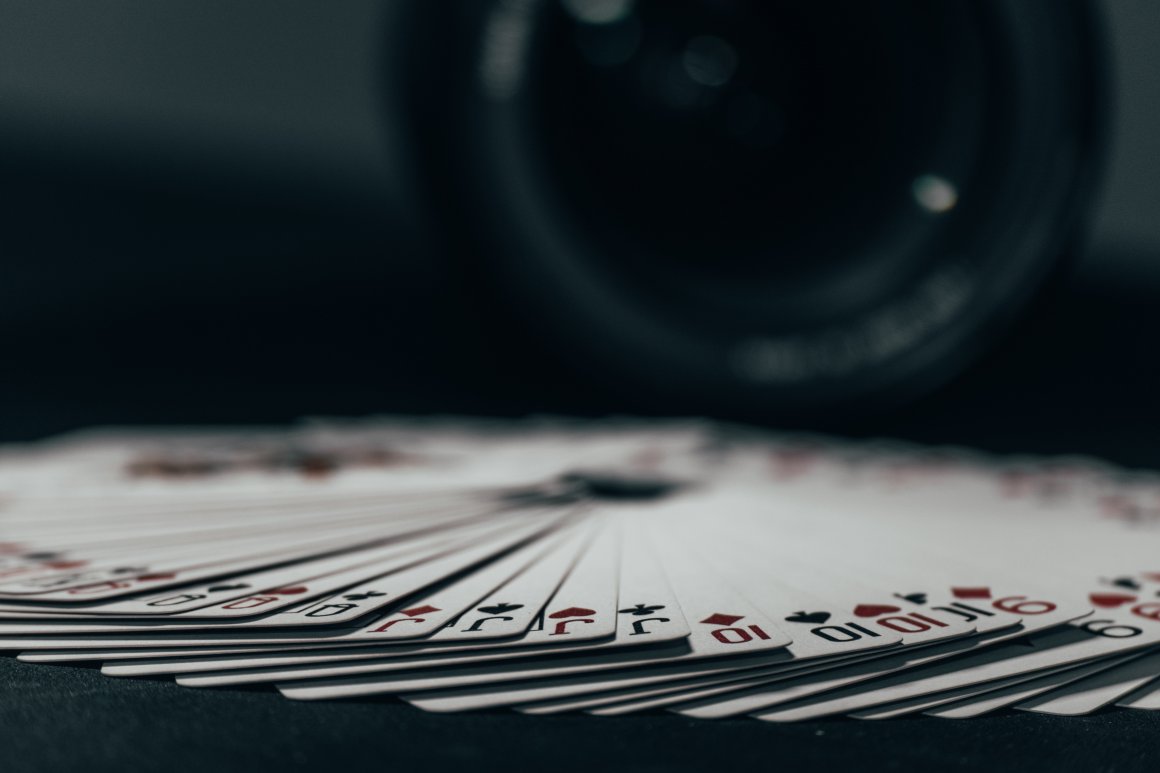Always be learning and you will stay relevant your whole life long. The good thing about learning, is you can find the opportunities to learn anywhere. You just need to be willing to recognize them, so you can learn all the time.
Learn from everyone, because knowledge is not the exclusive domain of the educated. In fact, fancy degrees don’t always define a good teacher. So what does? A good teacher is honest and empathetic. This means they remember that they were also young once; they have the patience, and make the time to help others learn the most vital lessons for life and living. Which is why many people who’ve learned through practice, rather than theory, make better teachers. Their real-life experiences make them proficient at what they do.
Mentors with candor point out what you need to learn or improve, equip you with the tools to do it, and then let you to do it your way and learn from that experience. Honesty is a prerequisite for the teaching-learning process to be efficient and effective. It is important for learners and teachers to be honest and admit to things we don’t know or need to get better at. This is the first lesson to learn: that it’s impossible to learn, or teach, when we think we know it all.
Mentors help you find your own way to learn and understand things. Real learning and knowledge is not in remembering all the facts, but in being able to recognize information, distinguish what is vital, and recollect what is relevant when necessary. The power of observation is the second skill to acquire, so we can learn to be aware of things we sense, and understand what they mean for us and our world, now and in the future.
The ways we learn are varied. Take the time to find out what kind of learner you are and how you learn best. No teacher can help you devise a way to learn. They can help you refine it for best results, but the methodology must come from you.
How we remember and how much we know will determine our ability to manage time. In turn, our memories depend on how well we understand that there needs to be a place and time for everything.
A place for everything. It’s easy to find things when we know where we put them in the first place. The same goes for our memory. The key is to remember where the information is stored, so it can be retrieved at will when we need it.
Grids can strengthen your memory. The human mind recognizes and recalls patterns, by default. Be it numerals, letters, color, music, visuals, or spatial layout. No matter what the preference, the key is to find a place to store a memory within the pattern, and assign a code to it that is easy to remember. For visual learners it could be a combination of numbers and text, or colors and positions to help remember things, assign importance, and credit the source.
The mind palace or mind map technique is tried, tested, and proven to be effective. It is also easy to adapt this technique to your personality and core abilities and devise your own memory journey to suit your particular learning style.
You can create your own mind palace because it doesn’t always involve picturing a particular location or a fixed physical space. For instance, it could well be a conventional deck of playing cards that is more dynamic. This means it can be custom-built for each purpose. Either a ten-card hand for a simple game of Declare, a thirteen-card hand for an involved game of Rummy, or a twenty-one card hand for a complex game of Canasta. Depending on the number of tasks on the list or the number of steps in each task, you can build sequences and sets until everything is assigned and accounted for.
A time for everything. A time to think, a time to plan, and a time to do. This realization is a watershed moment in understanding the concept of time. That when all the learning and planning is done, it’s time to implement with diligence and awareness. Just remember not to be too hard on yourself or others.
Everyone makes mistakes, has shortcomings and the occasional off-day when little goes right. We are but human and frailty is part of the mix. The sooner we come to terms with that, the easier it is to forgive, learn from mistakes, and never make the same mistakes again. That’s the difference between moving forward and watching the world pass you by. It is the ability to stay relevant despite all the changes around us.
Photo by Jarosław Kwoczała on Unsplash

